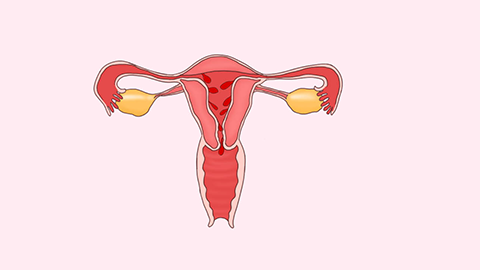Is a 32mm thick endometrium cancer?
Generally speaking, whether an endometrial thickness of 32 mm indicates cancer requires a case-by-case analysis and cannot be definitively diagnosed based on thickness alone. If discomfort occurs, it is recommended to seek timely medical evaluation and treatment at a reputable hospital. Specific analysis is as follows:

If the patient is postmenopausal, an endometrial thickness of 32 mm warrants high suspicion for cancer. After menopause, the endometrium normally becomes thin; any thickness exceeding 5 mm is considered abnormal. A measurement of 32 mm represents significant thickening. If accompanied by symptoms such as irregular vaginal bleeding, discharge, or abdominal pain, and if pathological examination reveals cancer cells, a diagnosis related to cancer can be confirmed, necessitating prompt targeted treatment.
If the patient is in the reproductive age group and currently in the second half of the menstrual cycle, an endometrial thickness of 32 mm may represent normal physiological thickening. During this phase, hormonal changes cause the endometrium to proliferate in preparation for potential pregnancy. If this thickness is observed prior to menstruation and there are no symptoms such as abnormal bleeding or unusual discharge, and if pathological examination shows no abnormal cells, cancer is not indicated. The endometrial thickness typically returns to normal after menstruation ends.
In daily life, maintain good external genital hygiene, wear clean cotton breathable underwear and change them frequently. Follow a light diet, reduce intake of high-hormone, high-fat, and high-sugar foods, and consume more fresh fruits and vegetables. Maintain regular sleep patterns, avoid staying up late, and engage in moderate exercise to boost immunity. Keep track of your menstrual cycle and pay attention to changes in flow and duration. Seek medical advice promptly if you experience abnormal bleeding or abdominal pain, and follow your doctor's recommendations for regular gynecological check-ups.





